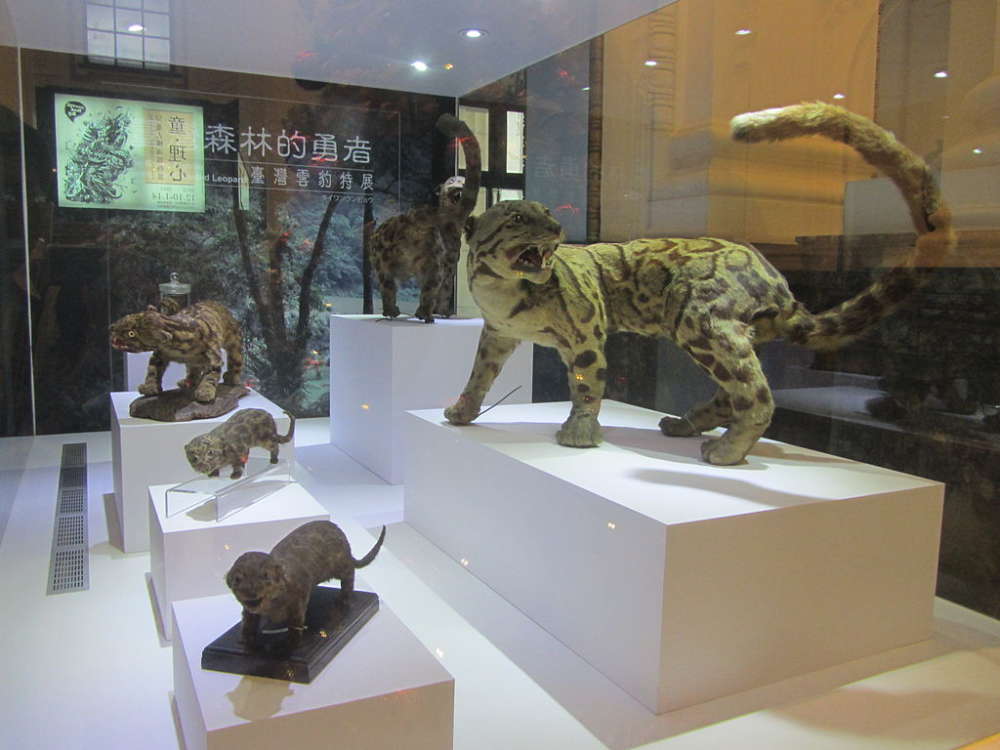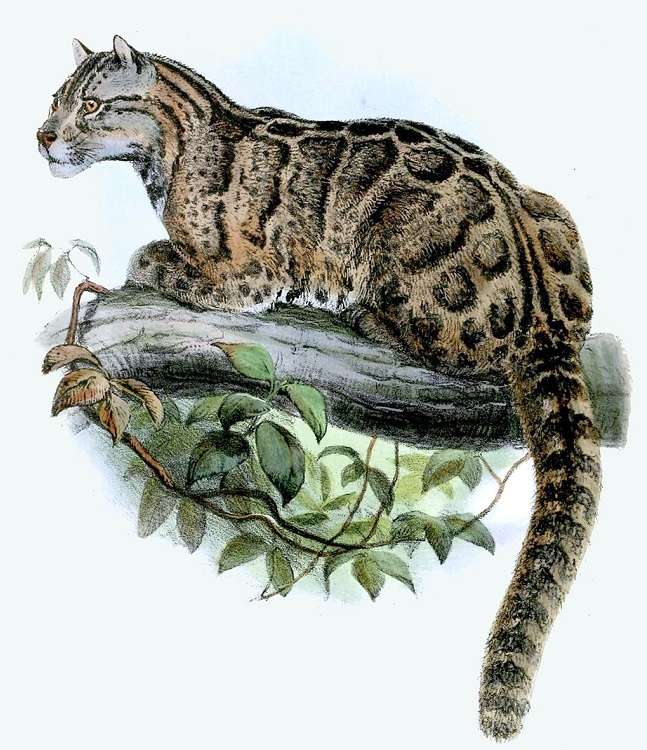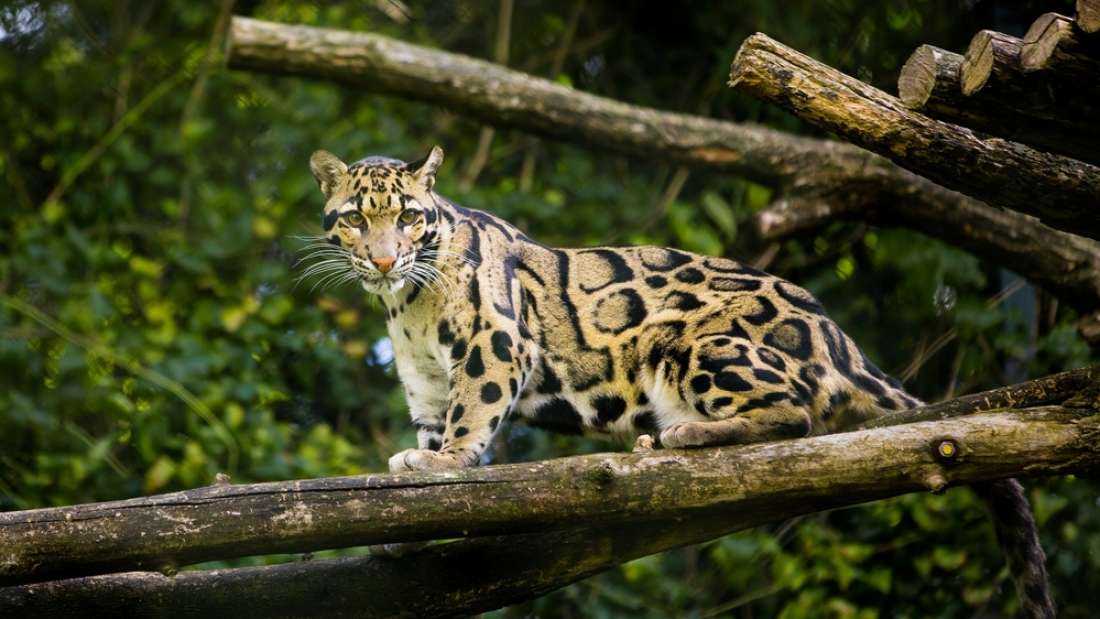Animal lovers around the world have been blessed with a glimmer of hope, as it is thought that Taiwan rangers have spotted a leopard initially thought to be extinct.
This news gives much comfort at a time when we find ourselves in what scientists and conservationists believe is the sixth mass extinction wave.
Research suggests that many animal and plant species are going extinct at a 1,000-10,000 times natural extinction rate.
That makes the spotting of a rare leopard, thought to be extinct, a particularly comforting reminder.

A specimen of Formosan clouded leopard in the National Taiwan Museum c. 2013. SSR2000/Creative Commons
A reminder that it is not too late to reverse the impacts of extinction we are facing, and that in situations thought to be irreversible, there is still time to act.
However, despite this comforting spotting, these species remain in grave danger. The leopard species, spotted in southeast Taiwan, has not been seen in the last 37 years. It is a rare Formosan clouded leopard, declared extinct in 2013, and not seen by the human eye since 1983.

This photo of a Taiwanese member of the indigenous community wearing what is thought to be a Formosan clouded leopard pelt was taken by Japanese anthropologist Torii Ryūzō circa 1900. University of Tokyo/Creative Commons
Zoologists studied the leopard and searched for it in a 13-year-long study, to no avail. Until, this spotting by authorities as they patrolled one of the sensitive areas in the Tainan region. Others have reportedly seen it prowling the countryside in Taitung country’s Daren Township.
The leopard holds a sacred place among the locals, raising fears for the safety of the one recently sighted. In fact, Pan Chih-hua, head of the Alangyi’s tribal conference, confirmed that the local villagers indeed saw the clouded leopard. It was seen to be climbing a tree, before scrambling up a cliff to hunt for goats. Other groups of locals saw the Asian cat after it darted past a scooter before quickly climbing a tree and vanishing in the bushes.
However, all these sightings were reluctantly disclosed, particularly the time and location of their sightings, as locals feared for the safety of the animal.
However, National Taitung University’s Department of Life Science, professor Liu Chiung-hsi is hopeful and believes that given the animal is vigilant it can’t be easily trapped or caught. It’s no surprise it hasn’t been seen by humans in nearly four decades.

Neofelis nebulosa brachyura, or the Formosan clouded leopard, illustrated by Joseph Wolf and published in the Proceedings of the Zoological Society of London in 1862. Creative Commons
The elders of the village have urged the authorities to end logging and other activities that destroy the forest and put the leopard at risk.
